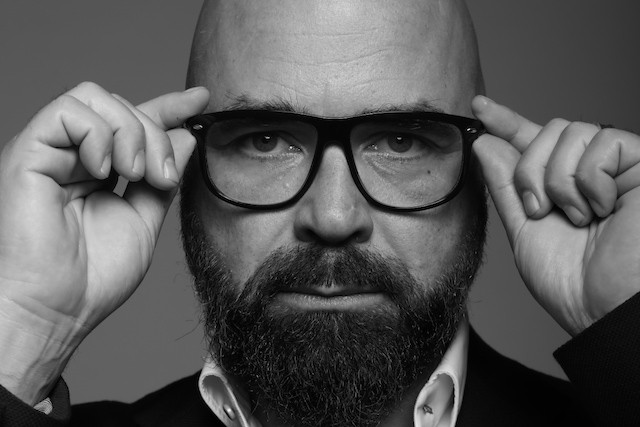Since then, understanding of its principles has deepened and the number of players in the area has significantly increased, no doubt encouraged by the government’s commitment to move away from a linear model. According to Romain Poulles, managing director of the sustainable construction management company PROGroup, progress has been made, but challenges remain.
Poulles--who is also president of EcoInnovation business development cluster--began by defining the differences between circular economy and sustainable development:
“Among the main principles of the circular economy is that of generating positive impacts on the environment, on people and on the economy. This principle differs from sustainable development approaches, which tend to focus on reducing negative impacts, reducing waste, reducing CO2 emissions, and so on.”
Although there is an increasing appetite for the adoption of circular economy methods in Luxembourg, Poulles explained that:
“Sustainable development in its traditional form is struggling to take off. The circular economy is an economic model that seeks positive impacts and, as a result, there is greater interest here, with many industrialists already applying its principles.”
He continued by saying:
“It takes a complete paradigm shift to solve the problems of the earth (pollution, diminishing raw materials...). The circular economy is a credible (economic) model to help solve these problems. Its transposition requires the adaptation of legal and financial frameworks, insurance, logistics and so on.”
He believes that Luxembourg is ahead of the game in this regard and that is has a key role to play by adapting its frameworks to become an international leader in circular economy activities, attracting new businesses from around the world.
To take full advantage of this opportunity, however, there remain some challenges to be resolved. “We face a mobility problem that risks stifling economic activities.”
He told Delano:
“Part of this problem originates from the geographical separation of functions. We have created independent business parks, commercial areas, industrial zones and residential neighbourhoods. In a circular economy, it does not make sense to separate these functions since the idea is that each will have a positive impact on the other”.
Going forward Poulles believes that developers in Luxembourg need to think in a coordinated way:
“We are integrating the notion of the ‘smart city’ into our development plans but we must not lose sight of the fact that new technologies are not an end in themselves but must serve a purpose.”
Instead of technology for technology’s sake, he argues for:
“The ‘happy city’. A city that makes its inhabitants happy, that integrates well-being into its DNA and that is at the service of man, as well as creating positive impacts on the environment and having an active role in sustainable development.”
